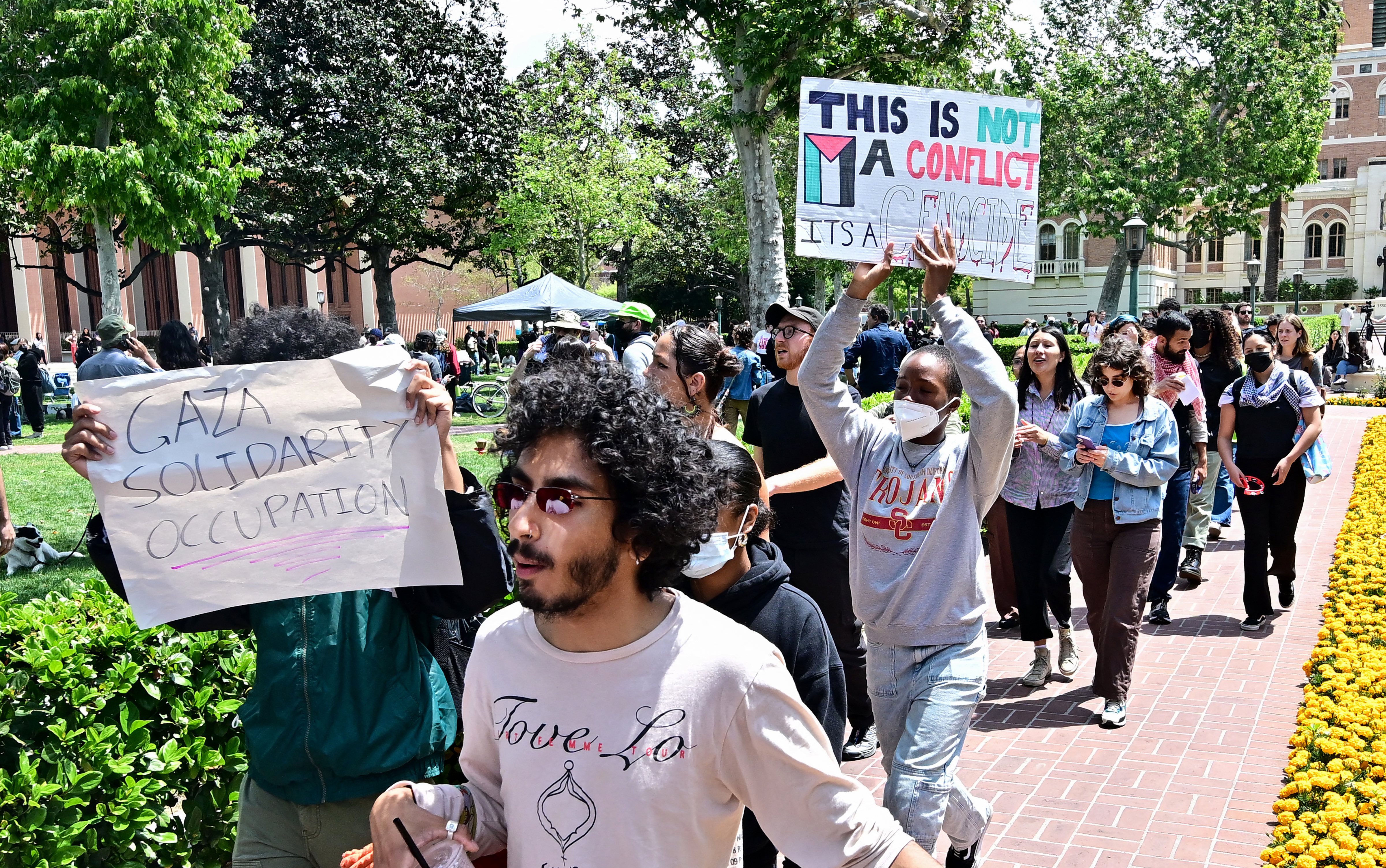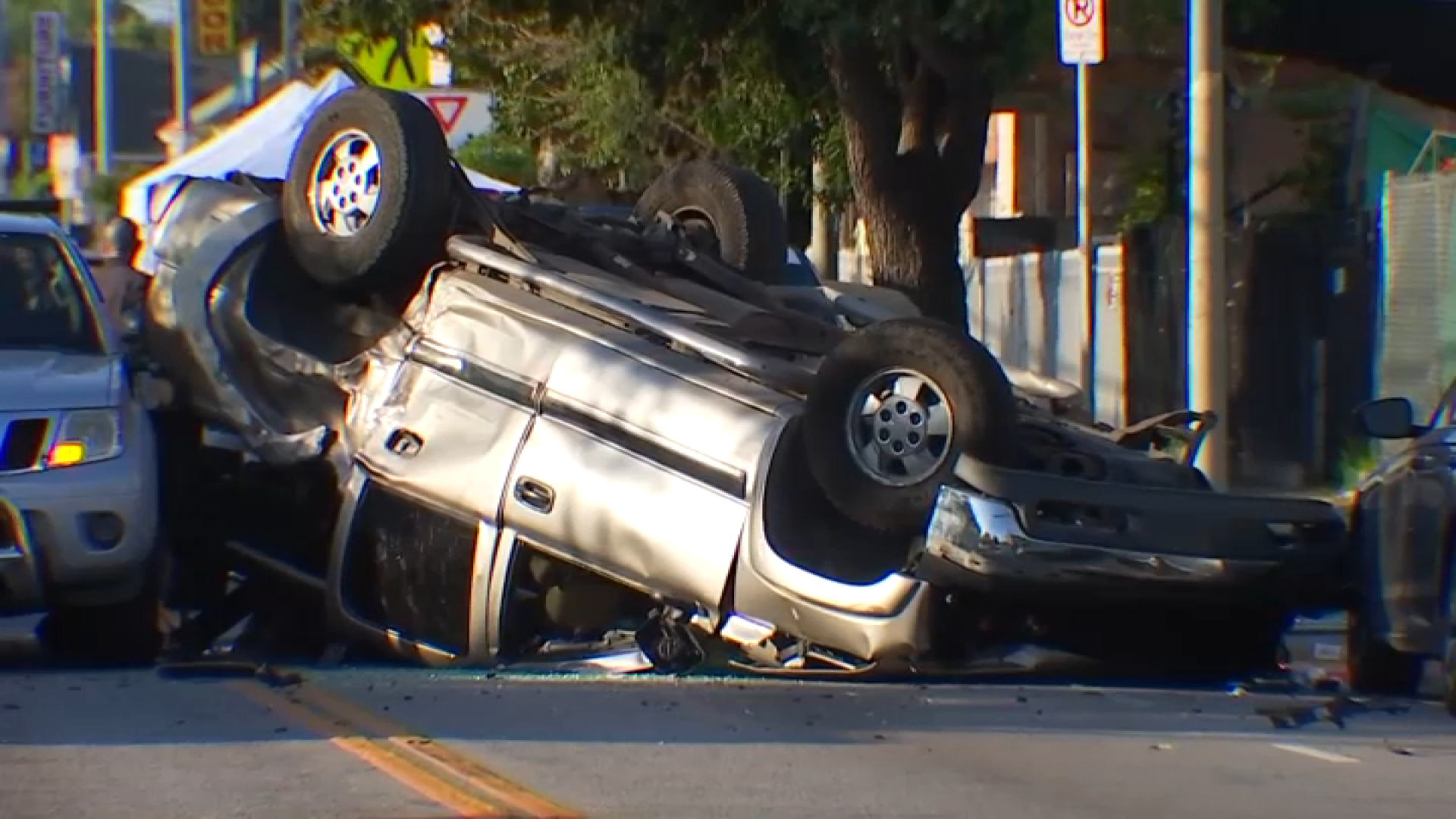Providers of facial recognition technology find themselves in an awkward quandary: their product is in demand by retailers who nevertheless don't want to acknowledge using it.
"I think they're in fear the perception of invasion of privacy may affect their brand," said Joseph Rosenkrantz, CEO of West Lake-based FaceFirst.
The maturing technology relies on the physiological fact that a face is as unique as a fingerprint that can be scanned and compared to a database to identify the person.
Over the past 15 years, with better cameras and software refinements, the concept has moved from science fiction to multiple practical uses in law enforcement, government and the private sector.
In retail, it can be used to reduce shoplifting by identifying known shoplifters as soon as they return to a store.
It's proven to cut shoplifting 25 percent, Rosenkrantz said.
"The technology is there and it's installed in many stores that are customers of ours right now," he said.
Local
Get Los Angeles's latest local news on crime, entertainment, weather, schools, COVID, cost of living and more. Here's your go-to source for today's LA news.
But if you ask him which stores, he can't tell you.
In most cases, it operates invisibly to store customers, Illinois being the only state that requires the use of facial recognition to be disclosed to those who are being scanned, which has limited its use there. The industry has sought to change the Illinois law. Elsewhere, retail use of facial recognition is generally not disclosed.
"We shouldn't be having the equivalent of our fingerprint being taken without our consent. It's not right," said Pam Dixon, executive director of the World Privacy Forum, based in San Diego. "Industry is digging in their heels and they don't want to acknowledge there's a problem."
Privacy experts were disappointed with guidelines released last June by a branch of the US Commerce Department, the National Telecommunications and Information Administration (NTIA). The guidelines "encouraged" commercials users of the technology to disclose "practices regarding collection, storage, and use of facial template data," but do not require it.
Assessing the extent of facial recognition use in retail is challenging. In 2015, Walmart acknowledged testing it. Industry has been waiting for the technology to develop further, said Bob Moraca, Loss VP, National Retail Federation.
In October, stores belonging to one major national pharmacy chain were identified to NBCLA by a technician who said he has been installing facial recognition technology. The company's communications office declined to comment, referring inquiries to RILA, the Retail Leaders Industry Association.
RILA acknowledged it has members using what it calls "feature matching," but does not have permission to identify them, said Lisa LaBruno, RILA's Senior VP, retail operations.
In deploying the technology for loss prevention, retailers keep scanned images only of identified shoplifters and no other shoppers, and therefore it does not invade privacy, LaBruno said.
FaceFirst's Rosenkrantz also emphasized that his company's methodology for detecting shoplifters.
"And every (other) person that enters and passes a facial recognition camera is not only ignored, but deleted in near real time and not stored," Rosenkrantz said.
The potential for using biometrics for targeted promotion was depicted vividly in a scene from the 2002 science fiction film, "The Minority Report," adapted from the 1956 short story by Phillip K. Dick. As Tom Cruise's character hurries through a mall, electronic signboards address him by name with product pitches.
The technology to do that is ready, but not yet being tapped in stores in the United States, at least not in a way that would be obvious to the customer.
Rosenkrantz believes it will when customers become more comfortable with the technology.
In Rosenkrantz's vision of the future for facial recognition, commercial use --retail and casino -- is only one aspect. FaceFirst also has clients it's permitted to disclose in law enforcement -- in San Diego County -- and in airport security in Panama City. He foresees the technology becoming an essential element of homeland security by offering the capability to identify known terrorists traveling under false identities.
Privacy infringement concerns about law enforcement use of facial technology were raised in an October report, The Perpetual Line-Up, issued by the Georgetown Center on Privacy & Technology.
But when security is at issue, Dixon sees an uphill struggle for privacy advocates.
"In this area, I don't think we're going to end up with a lot of rights," Dixon said.



